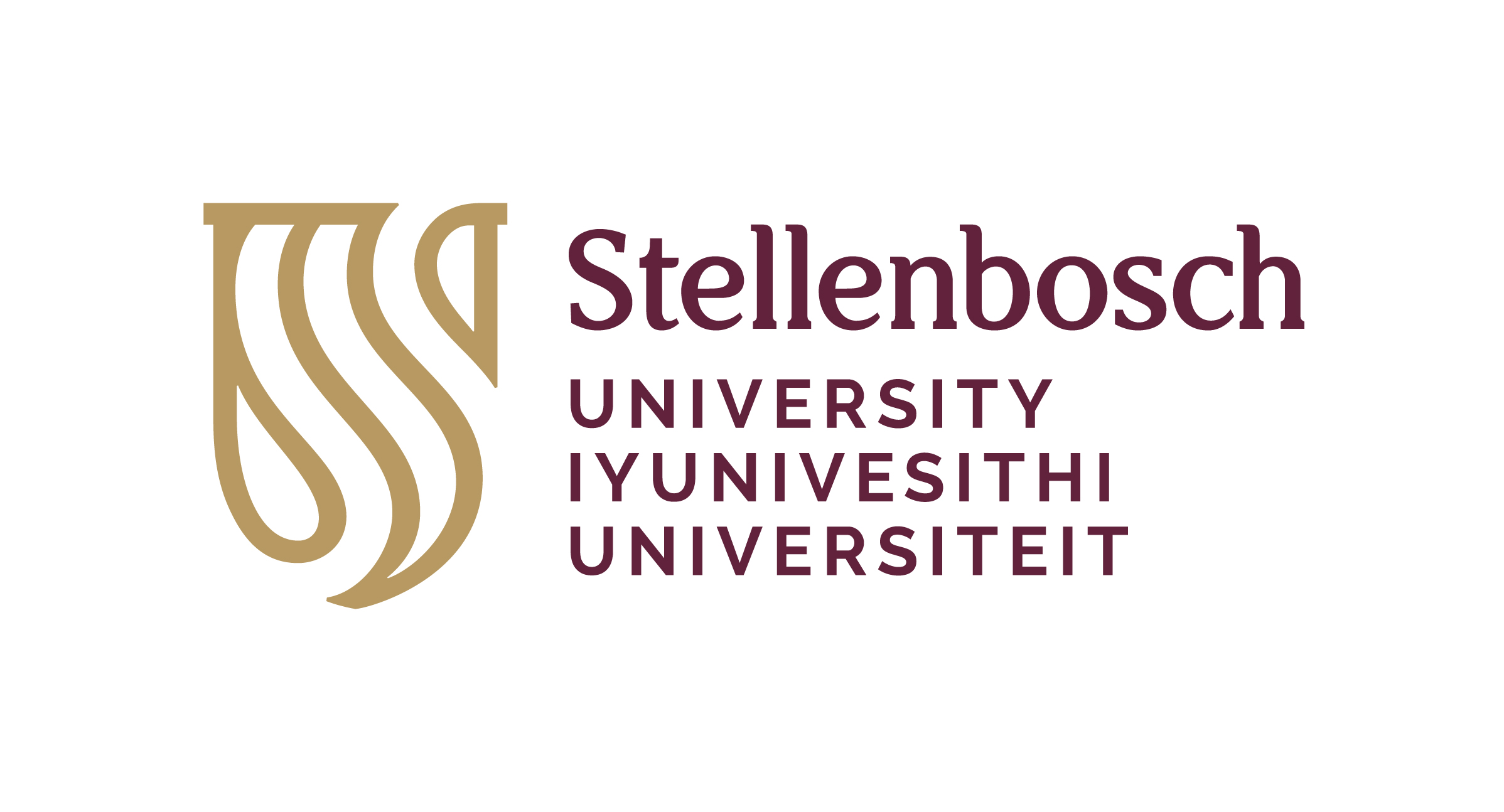Current Undergraduates
Undergraduate Queries: Mrs Alet De Muller (Tel: +27 (0)21 808 4440 | Email: civil@sun.ac.za )
Vacation training co-ordinator: Prof Riaan Combrinck (rcom@sun.ac.za)
Students must complete two sessions of vacation training during their studies.One session must be at least 4 uninterrupted weeks long and the other 3 uninterrupted weeks.Civil Engineering students are generally uncertain about the expectations of requirements for vacation training, and even who to contact in the Department if questions arise. This is particularly applicable to 2nd, and to a lesser extent, to 3rd year students for whom the Department and its personnel are fairly unknown.
The following are general problems and questions that students have with regard to vacation training:
Why vacation training?
You are currently being educated in an academic environment, as preparation for working in a very practical situation in future. As your studies progress, you get more and more exposed to specific aspects of civil engineering, especially from the 3rd year onwards. The purpose of vacation training is to give you general exposure to these practical environments, and to enhance your knowledge of design and construction aspects within civil engineering.
Where do I get a vacation training position?
Some students are privileged to have a bursary and the bursar probably requires vacation training by the student. It is our experience that most students do not have work and they also struggle to get work. It is your responsibility to find a position, but the convenor can help with suggestions of companies where you may try. You may use the names of all known industries as a starting point to compile a list. There are many engineering companies in the Western Cape, Gauteng, Durban, East London, Bloemfontein and Port Elizabeth. It is, however, not the convenor’s or the Department’s task to find you a vacation-training job. In our experience, when students apply for jobs at companies, they submit such bad applications that they are refused. If you apply in writing, ensure that you clearly state what you will/can do, and what your current expertise is (e.g. can draw in AutoCAD 3D). Also ensure that your application is free from typing/grammar/spelling errors. The convenor is willing to check your application on a limited basis, and to make suggestions if necessary. Please note that the convenor will not write your applications for you, he will only give advice on existing applications. Compile a resumé to accompany your job application There are many examples of a standard resumé available on the world-wide web.
Where can I work?
A common question is where can I work? The basic requirement is that you must work under the supervision of a qualified engineer in the civil engineering environment. You can therefore not work as a lifesaver at Plett during the Dec/Jan. holidays, even if the Chief lifesaver is an engineer. Students who are doubtful about a specific company may check with the convenor in this regard. You may work in any engineering discipline under supervision of an engineer from any discipline. You may also work overseas if you can find an opportunity and funding.
When must I start to do vacation training?
There is no best time, but there is a sensible time. According to the requirements you may start at any time from the start of your second academic year. You are discouraged to postpone working until the final year, especially when you have to do the final year project, because the July holiday will be occupied by this project. The ideal time-window is probably from July in the 2nd year until January of your final year.
When must the vacation-training report be handed in?
The formal requirements state that the report must be handed in on the first Monday in March of year x if the work was done during December of year x-1, or during January of year x. If the work was done during the winter holidays of year x. Then the report is due on the last Friday of August in year x. If you do not hand in your report on time, the vacation-training work will only serve as experience and it will not be recognised as completion of vacation-training. You can therefore not report on work that you have done five years ago.
The formal requirements for vacation training
Your report must contain certain standard cover sheets (refer to the vacation work study guide). Please refer to the requirements and follow them. Your report may be handed back to you for improvement if you did not follow the requirements.
The Centre for Student Counselling and Development (CSCD) is functioning virtually and telephonically.
Academic Support and Development: 021 808 4707 / studysuccess@sun.ac.za
Emotional Support and Emergencies: 021 808 4994 / supportus@sun.ac.za
ER24 for 24 Hour Emergencies: 010 205 3032
For more information visit the CSCD website.
Appointments with the educational psychologist at the Engineering Faculty can be made through Natalie White: natalies@sun.ac.za




